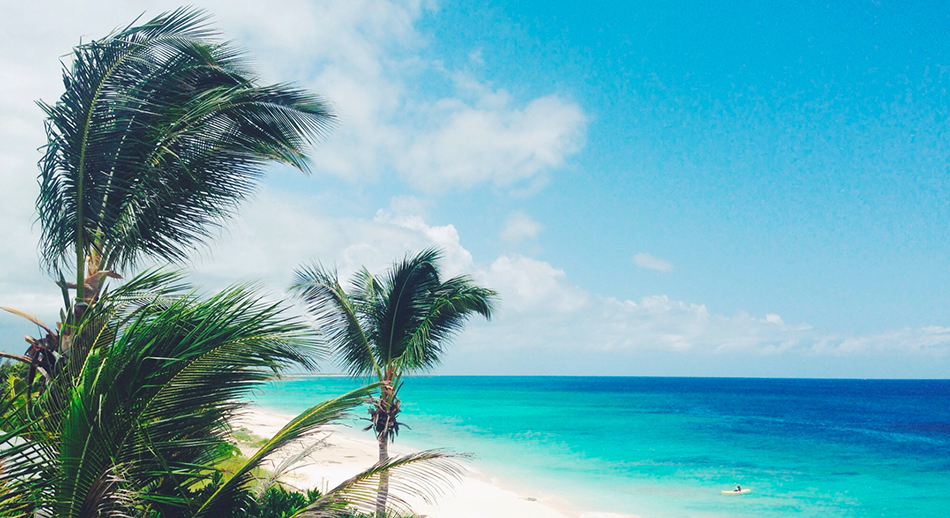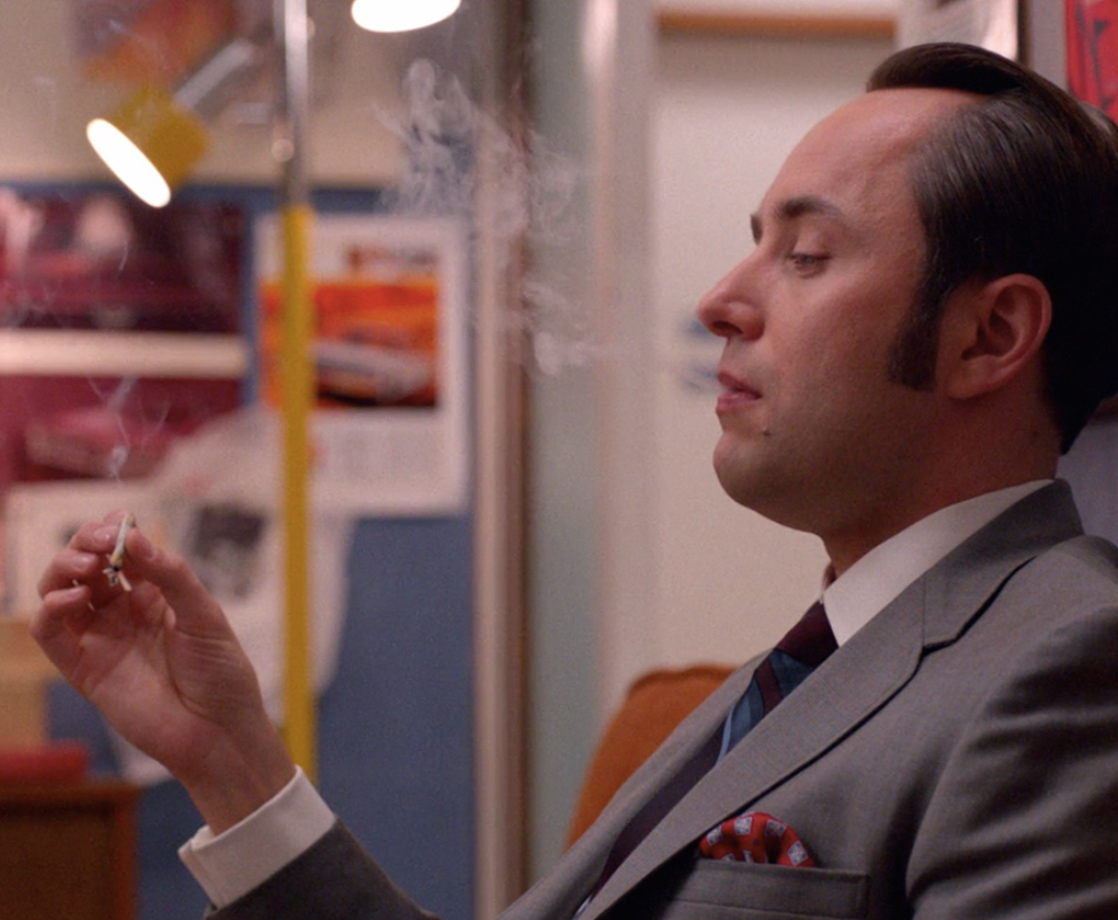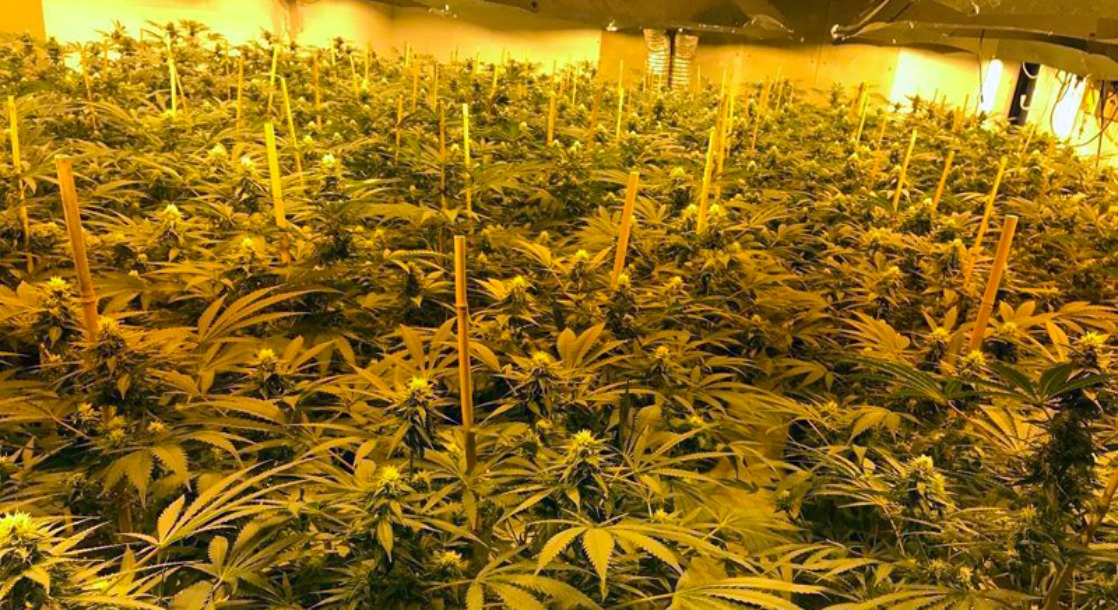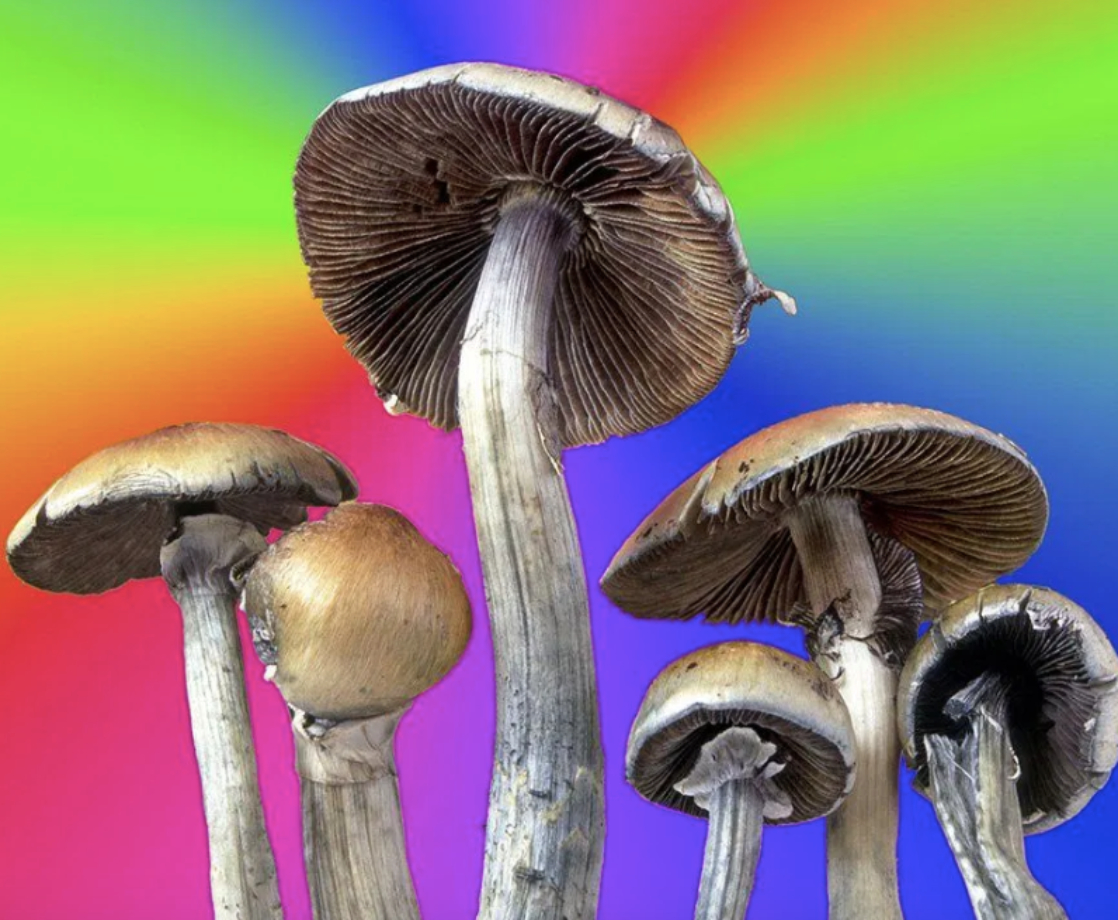The Bahamas is a nation of less than 400,000 citizens located south and east of Florida, not quite nestled in the calming waters of the Caribbean Sea, but close enough to attract beachgoing revelers and pleasure cruisers from all over the world.
A once-vital point on the British Empire’s trade routes from Africa, where slaves were kidnapped and brought to the New World, where they were traded for rum or purchased at auction, the Bahamas now maintain colonial status mainly through the presence of the Queen on its currency—none of the real estate booms that have allowed London to further its reputation as one of the world’s financial capitals have properly made it to Nassau or Freeport, and their government has never been powerful enough on its own to try any Jamaican-style push for change.
The Bahamas doesn’t even get to send its cricketers to the West Indies International team, where many of its brothers in continued imperialist umbrellaship find their greatest reason for rejoicing.
Sure, if you count the resorts where Bahamians work, conveniently tucked away on separate islands from the non-uniformed, un-white gloved population, the place is a lot more inviting. But this is like saying Florida is great because Disney World is there. It ignores a lot of drunken Waffle House brawls, pick’em up trucks with “I Ride With Forrest” bumper stickers and for-profit megachurches.
The Bahamas attracts millions of tourists each year, but sees almost none of their money reach the average citizen. In 2015, the nation saw a rate of 38 murders per 100,000 citizens in 2015, a figure which would place it in the top five of most dangerous American cities.
This is an especially troubling stat considering the number of high-profile billionaires and celebrities, including Nic Cage and Sean Connery, who inhabit their own private islands surrounding Nassau and who choose to make the Bahamas their tax-haven/retirement home. If some of the money from casino billionaires and A-listers could go towards improving the country they choose to live in, this might be a very different article.
But they don’t, so driving through the Bahamas feels a lot like driving through parts of rural Louisiana you’d never vacation to.
So it’s a sober, eye-opening moment when the government of the Bahamas feels the need to protect its population, largely comprised of people of color, by warning it against travel to the U.S.
Sober because the United States, a country that manages to maintain a stubborn moral high ground despite a habit of immoral acts and practices, has managed to lose that high ground in one move to a country that would otherwise never register as a blip on the radar of our political machine.
Eye-opening because it shows just how bad the situation between our police and our citizens has become.
Travel advisories are things we expect before heading to the Middle East, Central America, Northern Ireland, Sri Lanka. Places where violent cells or corrupt authorities could mess with you without a second thought. I for one am glad that the Bahamian government, in its dramatic gesture, has brought to light an important point in a way that no American commentator could have.
For black men and women in America, this is a place where violent cells and corrupt authorities can mess with them without a second thought. Even being polite and respectful to the cops isn’t a guarantee for people of color in the U.S., as the shooting of Philando Castile by a police officer while Castile’s girlfriend and daughter were in the car proves.
If more countries follow the lead the Bahamas has set, maybe more of my fellow white folks will learn to make the mental leap that allows them to see had they been born black, odds are they or someone they love or respect would have been harassed or killed by law enforcement and they might have different opinions.
Personally, I know with my mouth and authority problems, the near-albino whiteness of my skin may be the only thing keeping me whole, and I don’t find that a pleasant thing to know, thinking either for myself or imagining myself in the position of someone who happened to have been born with more melanin.











